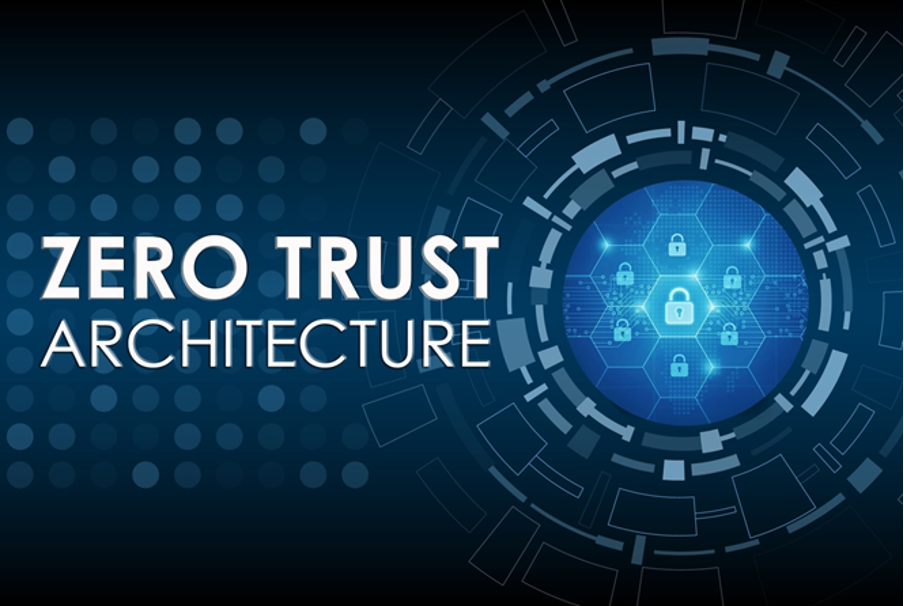The rapid advancement of quantum computing is poised to revolutionize numerous industries, from material science to artificial intelligence. However, one of the most pressing concerns surrounding this emerging technology is its potential to compromise existing cryptographic frameworks that underpin digital security worldwide. While quantum computing promises groundbreaking innovations, its implications for cybersecurity present significant challenges that demand immediate attention.
The Computational Power of Quantum Computing
Unlike classical computers, which process data using binary bits (0s and 1s), quantum computers utilize quantum bits (qubits) that can exist in multiple states simultaneously due to the principles of superposition and entanglement. This fundamental distinction enables quantum computers to perform complex computations at an exponential rate, surpassing the capabilities of even the most advanced classical supercomputers.
In the domain of cryptography, this computational power presents a formidable threat. Many modern encryption protocols, including RSA and Elliptic Curve Cryptography (ECC), rely on the difficulty of prime factorization and discrete logarithm problems—challenges that classical computers struggle to solve efficiently. However, quantum algorithms such as Shor’s algorithm can resolve these problems in polynomial time, rendering traditional encryption methodologies obsolete.
The Vulnerability of Contemporary Cryptographic Systems
The security of digital communications, financial transactions, and governmental data rests on encryption standards that are currently computationally infeasible for classical computers to break within a reasonable timeframe. Quantum computing fundamentally alters this security paradigm, exposing several critical vulnerabilities:
- Compromise of Public-Key Cryptography – Widely used public-key encryption schemes, such as RSA and ECC, depend on the assumption that factorization and logarithmic problems are infeasible at scale. A sufficiently powerful quantum computer utilizing Shor’s algorithm could decrypt encrypted data within seconds.
- Erosion of Digital Signature Integrity – Digital signature schemes, employed in software authentication, secure transactions, and blockchain ecosystems, could be rendered unreliable by quantum-enabled attacks, thereby undermining trust in digital verification mechanisms.
- Long-Term Data Harvesting Risks – Malicious actors may intercept and store encrypted communications today, with the intention of decrypting them once quantum computing reaches maturity. Sensitive government and corporate data could become accessible retroactively, presenting an unprecedented security risk.

Advancing Toward Quantum-Resistant Cryptography
To counteract the vulnerabilities posed by quantum computing, researchers and cybersecurity specialists are actively developing post-quantum cryptography (PQC). These cryptographic techniques are designed to withstand quantum-based attacks, ensuring the long-term security of digital assets.
The primary approaches to post-quantum cryptography include:
- Lattice-Based Cryptography – Based on the computational difficulty of lattice problems, this approach is believed to be resistant to quantum decryption techniques.
- Hash-Based Cryptography – Utilizing secure hash functions, this methodology offers a quantum-secure alternative for authentication and integrity verification.
- Code-Based Cryptography – Grounded in error-correcting codes, this technique provides an alternative encryption framework resistant to quantum attacks.
- Multivariate Polynomial Cryptography – Leveraging the complexity of solving multivariate polynomial equations, this method offers another viable avenue for quantum-resistant security.
Governmental and Industry Initiatives
Recognizing the existential cybersecurity risks posed by quantum computing, governments, industry leaders, and academic institutions are accelerating efforts to develop and standardize quantum-safe encryption mechanisms:
- National Institute of Standards and Technology (NIST) Standardization Efforts – NIST has been leading global efforts to evaluate and finalize post-quantum cryptographic standards, with several promising candidates nearing official adoption.
- International Collaboration on Quantum Security – Governments worldwide are investing in quantum-resistant technologies to safeguard critical infrastructure and national security interests.
- Corporate Implementation of Quantum-Secure Solutions – Leading technology firms such as Google, IBM, and Microsoft are actively integrating post-quantum cryptographic algorithms into their security frameworks to future-proof digital communications.

Preparing for the Quantum Transition
While large-scale quantum computers capable of breaking encryption do not yet exist, their development trajectory suggests that organizations must begin transitioning to quantum-secure systems proactively. Key preparatory measures include:
- Conducting Comprehensive Risk Assessments – Identifying mission-critical systems and datasets vulnerable to quantum threats.
- Implementing Hybrid Cryptographic Solutions – Employing a combination of classical and quantum-resistant encryption methodologies to ensure a seamless transition.
- Monitoring Post-Quantum Standardization Developments – Staying informed on advancements in cryptographic standards and adopting quantum-safe protocols as they become available.
- Investing in Quantum-Resistant Infrastructure – Allocating resources toward research, development, and deployment of quantum-secure security architectures.
Quantum computing represents both an extraordinary technological advancement and a profound cybersecurity challenge. While its potential to drive innovation is undeniable, its ability to dismantle conventional encryption frameworks poses a significant risk to global digital security. Governments, corporations, and cybersecurity experts must act preemptively to transition toward quantum-resistant cryptographic systems before large-scale quantum computers become operational. The evolution to post-quantum cryptography is not an option but an imperative, and the time to implement resilient security measures is now. Failing to address these challenges proactively could lead to severe economic, national security, and privacy consequences in the quantum era.




